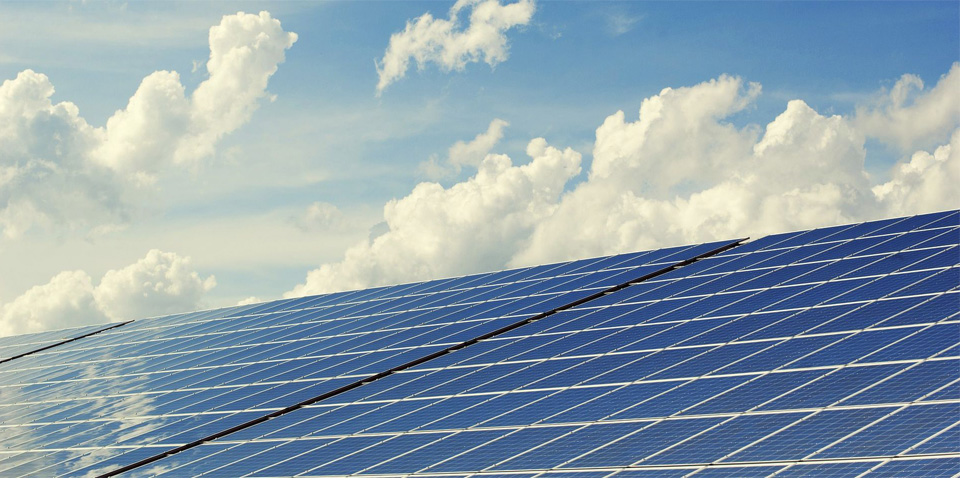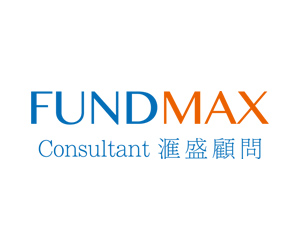Want to be in the loop?
subscribe to
our notification
Business News
VIETNAM ECONOMY: MANY POSITIVE SIGNALS
The Vietnam Institute for Economic and Policy Research (VEPR) recently hosted a conference in Hanoi to announce the third-quarter macroeconomic report. Many experts said that Vietnam’s economy has regained its growth momentum and its GDP may expand by 6.8 per cent in 2018.
Restored growth confidence
Specifically, according to Dr Nguyen Duc Thanh, VEPR Director, fulfilling the growth target of 6.5 - 6.7 per cent in 2018 set by the law-making National Assembly early this year is feasible.
Recent data from the General Statistics Office (GSO) showed that the country’s gross domestic product (GDP) grew 6.88 per cent in the third quarter of 2018 and 6.98 per cent in nine months ending September from a year earlier, the highest since 2011. The biggest boost was the wholesaling and retailing sector which posted a growth of 8.84 per cent - the highest across the economy. In addition, the agro-forestry-fishery sector staged a solid recovery driven by favourable external factors. Aquaculture was still the bright spot of this sector as it recorded the highest growth in eight years at 6.73 per cent.
The economic highlight of the third quarter of 2018 came from employment. In the three-month period, 311,300 new jobs were created, an increase of 20 per cent over the same period of last year. This development was backed by many economists as growth quality must eventually create more new jobs, he said.
Concerns about FDI outflow
Official statistics showed that Vietnam’s exports were estimated at US$64.73 billion in the third quarter, mainly driven by FDI enterprises. Specifically, FDI firms earned US$46.98 billion, accounting for 72.6 per cent of total value and representing a 17.5 per cent growth over the same period of 2017. The difference of earnings from FDI companies with domestic ones has posed a big challenge to the economy in the long run, because the Vietnamese economic structure has to rely too much on FDI sector growth. Meanwhile, domestic businesses still has a lot to do if they want to catch up and have huge incomes like foreign-invested ones.
Dr Nguyen Duc Thanh also expressed concerns that the world is experiencing tougher tussles for economic interests among big economies, for example, US-China trade war and the reunion of North Korea and South Korea. And if a negative scenario unfolds and FDI firms then withdraw capital from Vietnam to direct to economies with more preferences and better business conditions, Vietnam will find it hard to keep trade growth and macroeconomic balance in the medium and long term.
Cautions in the last months of the year
Ms Pham Chi Lan, an economist, said that despite the economic recovery, growth was forecast to reach 6.8 per cent, Vietnam policymakers should also be careful with external influences in the remaining months of the year. In particular, Vietnam should closely monitor developments in the two major markets - the United States and China. The United States has exceeded the EU as the largest export market of Vietnam with US$34.9 billion. Meanwhile, China remains the largest import market of Vietnam with US$47.1 billion.
She added that if North Korea and South Korea reunite, it will provide a great opportunity for the Vietnamese economy as South Korea is gradually replacing China to become the biggest source of trade deficit for Vietnam. And, trade deficit with a developed country like South Korea will give us many opportunities to approach advanced technologies, to avoid importing obsolete technologies and cheap consumer goods from China like before.
Besides, Dr Nguyen Duc Thanh noted that currently abnormal evolution of world energy prices significantly impacts domestic gasoline prices. And, the fact that the Government will raise environment duty on petrol to the upper limit from next year could pose a risk of inflation. The target of 4 per cent achieved in the past few years will be harder to reach in such an adverse context.
Dr Le Dang Doanh, Economist
Amidst fast-changing development of the Fourth Industrial Revolution, many Vietnamese economic sectors, which are seen as a world production base and an important source of budget revenue like garment and textile industry, may face the risk of closure. Jobs will be lost to robots. This leads to higher pressure on transformational changes in personnel and technology investment to increase corporate competitiveness in the textile and garment industry.
Dr Nguyen Chi Hieu, Economist
While countries around the world are calling investment into ‘hot’ industries, the Government of Vietnam needs to lift the ownership room for foreign investors. The limit can be as high as 49 per cent or even 51 per cent instead of as low as 30 per cent currently.
Dr Pham The Anh, Economist
The recent move by the Government - launching the State Capital Investment Corporation (SCIC) - is, in essence, to help speed up and smooth the equitisation of State-owned enterprises (SOEs). This agency cannot make or help these businesses work better.
Source: VCCI
Related News

VIETNAM’S GDP TO GROW 5.5% THIS YEAR – WB
This forecast is based on the assumption of a moderate recovery in manufacturing exports in 2024, fueled by rebound growth of 8.5% year-on-year in the fourth quarter of 2023 and 17.2% year-on-year in the first quarter of 2024, reflecting strengthening global demand, said Dorsati Madani, senior country economist at the WB in Vietnam.

FARE REFUND FOR VISA REJECTION
Cathay Pacific will offer full refunds for cases of visa rejection to provide you with the confidence to explore the world with ease. If you are planning to fly to a destination that requires an entry visa, you can now book with greater peace of mind.

FOUR COMMODITIES POST Q1 EXPORT VALUE OF OVER 5 BILLION USD
The total export turnover of agricultural, forestry, and fisheries products in the first three months of 2024 is estimated to reach 13.53 billion USD, an increase of 21.8% compared to the same period of 2023.

MOIT PROPOSES SCHEME TO BOOST RENEWABLE ENERGY PROCUREMENT
The proposed Direct Power Purchase Agreement (DDPA) mechanism, outlined in the draft decree, targets organisations and individuals consuming electricity from the 22kV power grid or higher, with a monthly consumption averaging 500,000kWh. However, residential households are excluded from direct procurement.

REAL ESTATE BONDS PLACE PRESSURE ON ISSUING FIRMS
The ministry’s recent report underscores concerns within Vietnam’s corporate bond market for 2023 and 2024. It emphasizes the critical need to address hindrances to the real estate sector in line with the objectives provided in Government Resolution No. 33/NQ-CP, which aims to stabilize the industry.

DA NANG CUSTOMS FOCUSES ON DEVELOPING CUSTOMS-BUSINESS PARTNERSHIPS
Da Nang Customs Department issued an action plan for developing customs-business partnership in 2024. One of the new events this year is the workshop on “Settlement reports for enterprises engaged in outsourcing, export production and export processing” held in Da Nang Customs Department on April 16, 2024.

































